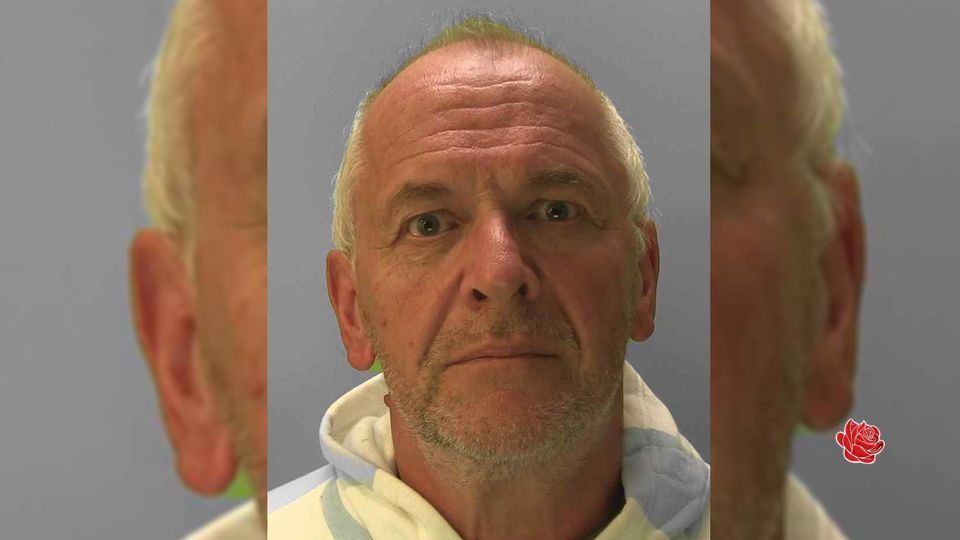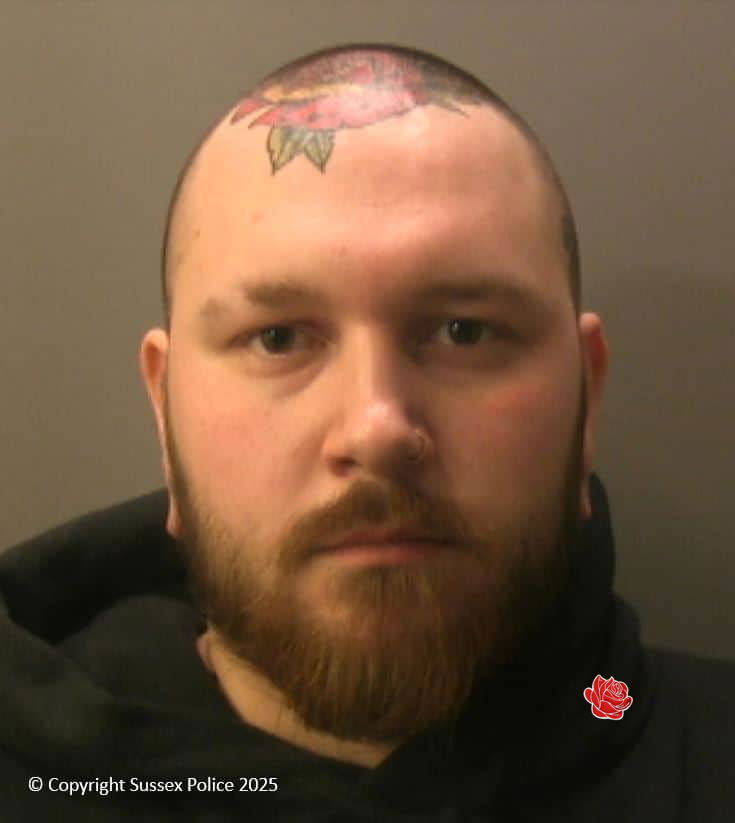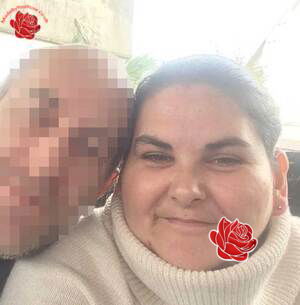Glen Want's Social Media Accounts
Know a Social Media Account Linked to Glen Want?
Want to add information? Log in to your account to contribute accounts and phone numbers.
GLEN WANT'S EASTBOURNE CRIMES: CHILD ABUSE IMAGES AND SICKENING ACTS LEAD TO DEATH IN JAIL
In September 2014, the tragic news emerged that Glen Want, a notorious paedophile from Eastbourne, had died while in custody. Want, who had a long history of engaging in and facilitating child abuse, was found to have stored a disturbing collection of illicit images on his computer at his Eastbourne residence. The authorities uncovered over 11,000 images depicting children aged between one and eight involved in various forms of abuse, including penetrative acts, torture, and scenes of masochism. Among the evidence seized was a photograph of Want himself spanking a nine-year-old boy, which was discovered during a police raid on his mobile home located on Oak Tree Lane in 2008.These revelations came to light after police executed a search warrant at Want’s Eastbourne home in July 2008. The investigation uncovered a horrifying trove of child abuse material, including 903 images classified as Level Four, which involved penetrative sexual acts with children, and 43 images at the highest Level Five, depicting extreme scenes of masochism and other severe sexual abuse. Additionally, documents referencing torture, death, and other sadistic acts involving children were found among his possessions. The police also discovered two holdalls filled with children’s clothing and underwear stored in a lock-up outside his residence, further illustrating the extent of his depravity.
Want’s criminal history was extensive. He had previously pleaded guilty to charges of sexual assault against a young boy and multiple counts of possessing and making indecent images. In 2002, he was sentenced to five years in prison for indecency and encouraging children to pose for photographs. This sentence was later reduced to four years after he appealed, citing issues with his wheelchair, which he claimed was unsuitable. Want, who used a wheelchair, also attempted to sue the Home Office in 2004, alleging that his human rights had been violated due to the improper functioning of his prison wheelchair.
During the 2008 trial, Want expressed a disturbing desire to undergo chemical castration, requesting the court to consider such treatment to control his compulsions. His defense argued that he was suffering from a brain tumor, which they claimed contributed to his behavior. Want’s lawyer emphasized his willingness to undergo voluntary chemical castration, aiming to rid himself of his sexual dysfunction. The court heard that Want had a history of mental health issues, including a brain tumor, which his defense claimed influenced his actions.
At Hove Crown Court, Judge Anthony Niblett sentenced Want to an indeterminate term for public protection, emphasizing the danger he posed to children. The judge stated that Want would not be eligible for release until he was no longer considered a threat. Had the court imposed a fixed-term sentence, Want would have been jailed for ten years, with the possibility of parole after serving half that time. However, due to the severity of his crimes and ongoing risk, the judge ruled that he must serve at least five years before being considered for parole. Want was also ordered to register as a sex offender for life and was banned indefinitely from working with or having unsupervised contact with children under 16.
On September 17, 2014, Want was found unresponsive in his cell at HMP Lewes around 7:30 a.m. Paramedics responded promptly and transported him to the hospital, where he was pronounced dead at 8:50 a.m. The Prison Service confirmed his death was due to natural causes, believed to be related to ill health. It was noted that Want had a ‘do not resuscitate’ tattoo, indicating his wishes regarding medical intervention. An investigation into his death was initiated by the Independent Prisons and Probation Ombudsman, as is standard procedure in cases of death in custody, to ensure all circumstances were thoroughly examined.
Glen Want’s death marked the end of a life marred by heinous crimes and severe mental health issues. His case remains a stark reminder of the dangers posed by individuals with such disturbing tendencies, and the ongoing efforts by authorities to protect children from similar threats in the future.

















